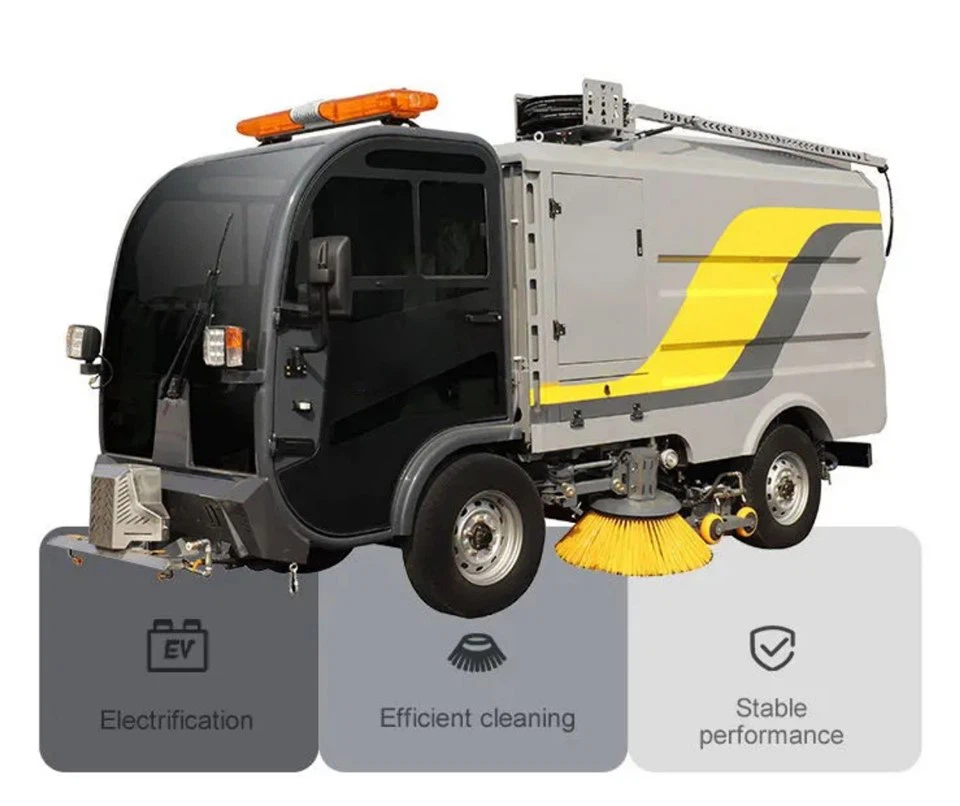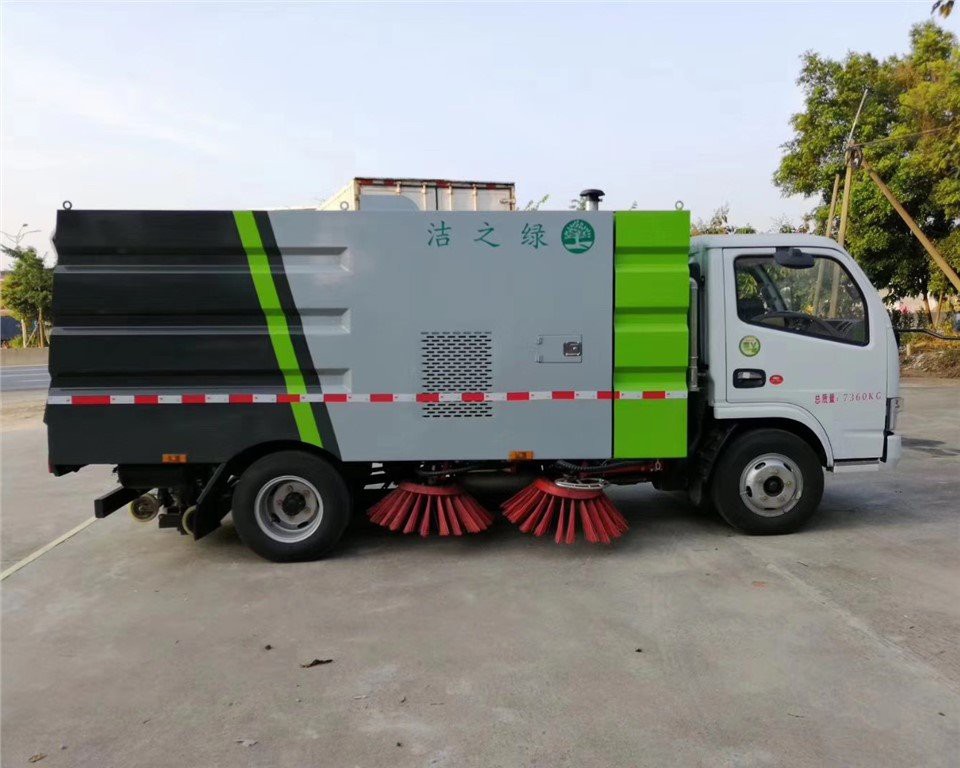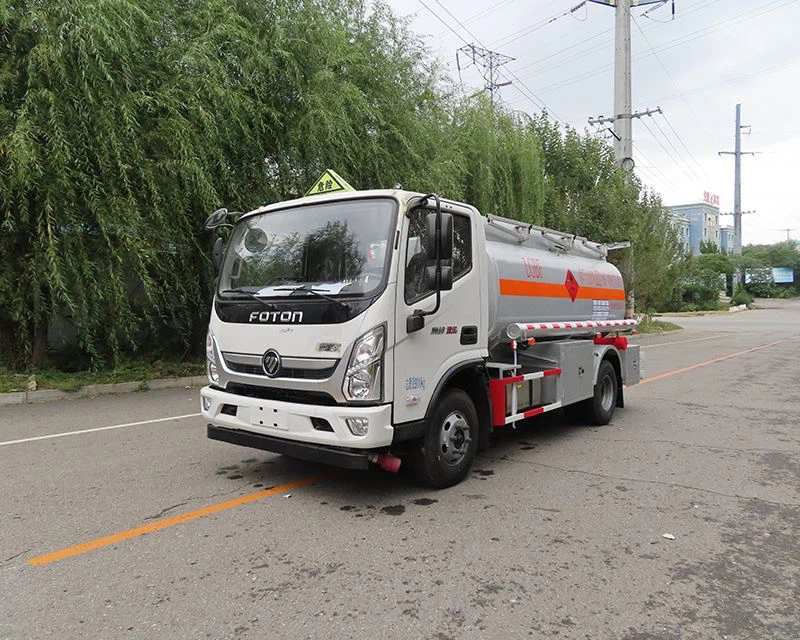Understanding Tractor Trailer Fuel Tank Capacity: A Comprehensive Guide

Introduction
The fuel tank capacity of a tractor trailer is a crucial aspect of the trucking industry. It directly impacts the range, efficiency, and operational costs of hauling goods across the country. In this article, we will delve deep into tractor trailer fuel tank capacity, exploring different capacities, considerations for choosing the right size, and how this impacts trucking operations. Whether you’re an owner-operator or a fleet manager, understanding fuel tank capacity can help you make informed decisions that will enhance your business’s efficiency and profitability.
What is Tractor Trailer Fuel Tank Capacity?
Tractor trailer fuel tank capacity refers to the amount of fuel a tractor or truck trailer can hold. This capacity is measured in gallons (or liters) and varies depending on the make and model of the truck. Most tractor trailers have dual fuel tanks, and the combined capacity can significantly influence a truck’s fuel efficiency and operational range.
Typical Fuel Tank Sizes
Fuel tank sizes vary across different models and brands. Here are some common capacities:
- Standard tanks: 100 to 150 gallons
- Extended capacity tanks: 150 to 200 gallons
- Specialty tanks (for specific applications): 200 gallons and above
Factors Influencing Fuel Tank Capacity

Several factors can influence the fuel tank capacity you may need:
- Type of cargo
- Distance of the hauls
- Fuel efficiency of the truck
- State and federal regulations
Why is Fuel Tank Capacity Important?
Understanding fuel tank capacity is vital for several reasons:
1. Operational Efficiency
Tractor trailers with larger fuel tank capacities require fewer refueling stops, enabling longer hauls before needing to refill. This can save both time and money.
2. Cost Management
Each stop to refuel can add to operational costs. A larger tank can reduce these stops, leading to lower overall fuel expenses and improved profit margins.
3. Regulatory Compliance
Different states have varying regulations regarding weight limits. Understanding your fuel tank size can help ensure you are compliant when it comes to weight restrictions.
Calculating Fuel Needs for Your Operation
Understanding Your Route
Analyze the distance you plan to travel and how your route may impact fuel consumption. For example:
- Urban routes tend to consume more fuel than highway routes.
- Consider potential detours or stops along the way.
Fuel Consumption Rate
Knowing your truck’s fuel consumption rate (miles per gallon or MPG) is essential. For instance, if your truck gets 6 MPG and you plan to drive 600 miles, you will need 100 gallons of fuel.
Fuel Tank Capacity vs. Fuel Range
Fuel range refers to how far you can drive on a full tank. For example, with a 150-gallon tank and a consumption rate of 6 MPG, your fuel range would be:
| Fuel Tank Capacity (gallons) | Fuel Consumption (MPG) | Fuel Range (miles) |
|---|---|---|
| 150 | 6 | 900 |
Different Types of Fuel Tanks

Standard Fuel Tanks
Most commonly used in conventional tractor trailers, standard fuel tanks typically range from 100 to 150 gallons.
Chain Tank Systems
Some trucks feature chain tank systems that combine multiple smaller tanks to create a larger total capacity. This helps balance weight over the axles more effectively.
Aftermarket Fuel Tanks
For those needing increased capacity, aftermarket fuel tanks are available, allowing you to customize your fuel capacity based on your operational needs.
Choosing the Right Fuel Tank Capacity for Your Needs
Evaluate Your Hauling Requirements
Consider the following factors when determining fuel tank capacity:
- Type and weight of cargo
- Average distance traveled between stops
- Fuel economy of the truck
Assess Your Budget
Balancing tank size with budget is crucial. Larger tanks cost more upfront, but they may save you more in terms of fuel stops over time. Calculate the potential return on investment.
Maintenance Tips for Tractor Trailer Fuel Tanks
Regular Inspections
Make a habit of performing regular inspections on your fuel tanks. Look for signs of corrosion, leaks, or damage. Prompt repairs can save you from costly fuel spills.
Fuel Quality Checks
Regularly check the quality of your fuel. Contaminants can lead to costly engine problems. Use fuel additives if necessary to maintain fuel quality.
Cleaning Procedures
Cleaning your fuel tanks periodically can help remove sludge and other debris that can affect fuel performance. Follow manufacturer guidelines for best practices.
Impact of Fuel Prices on Operations
Real-Time Monitoring
Fuel prices can fluctuate significantly. Monitor prices regularly and plan routes that allow for refueling at the lowest prices.
Fuel Cards and Networks
Consider using fuel cards that offer discounts at specific fuel stations or within fuel networks, helping you to save money over time.
Future Trends in Tractor Trailer Fuel Tanks
Embracing Alternative Fuels
With the movement towards sustainability, newer tractor trailers may be equipped to handle alternative fuels that require different tank capacities and designs, such as LNG or hydrogen.
Technological Advancements

Technology is always advancing. Future designs in tractor trailers may integrate smart tank monitoring systems that analyze fuel consumption patterns and inform drivers when to refuel.
Frequently Asked Questions (FAQ)
What is the average fuel tank capacity for a tractor trailer?
The average fuel tank capacity for a tractor trailer typically ranges from 100 to 150 gallons, but many trucks can accommodate larger tanks up to 200 gallons or more.
How many miles can you drive on a full tank of fuel?
This depends on your truck’s fuel efficiency. For example, a truck with a 150-gallon tank that gets 6 MPG would have an approximate range of 900 miles.
Can you modify the fuel tank size on a tractor trailer?
Yes, you can modify or upgrade the fuel tank size on many models, but you should consult your manufacturer or a professional for proper fitting and compliance with regulations.
How does fuel tank size affect trucking costs?
A larger fuel tank can reduce the frequency of fuel stops, leading to lower operational costs associated with time and money spent refueling.
What maintenance is required for fuel tanks?
Regular inspections for leaks and corrosion, cleaning to prevent sludge build-up, and checking the quality of the fuel are essential maintenance practices for fuel tanks.
Are there regulations regarding fuel tank sizes?
Yes, various regulations exist depending on location, primarily related to weight limits and emissions standards. It’s essential to familiarize yourself with local laws regarding fuel tank capacities for commercial trucking.
